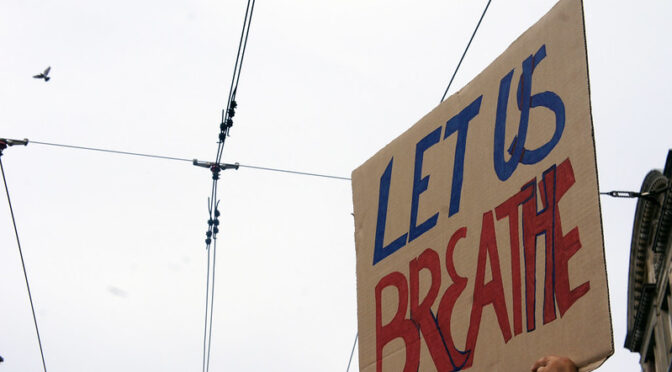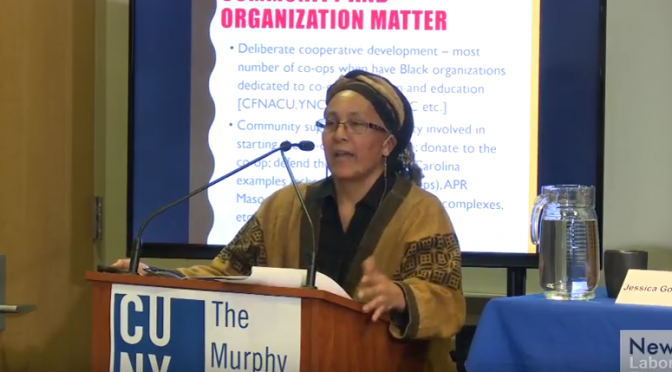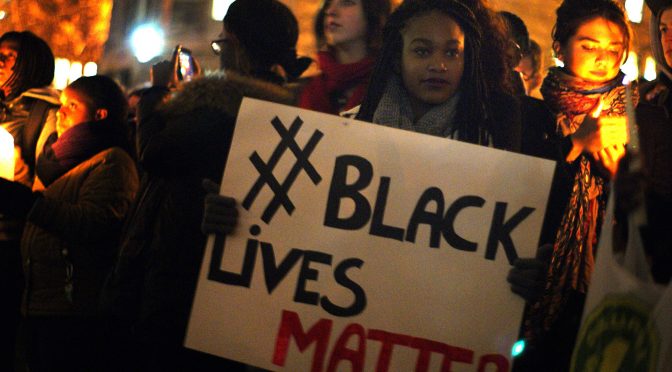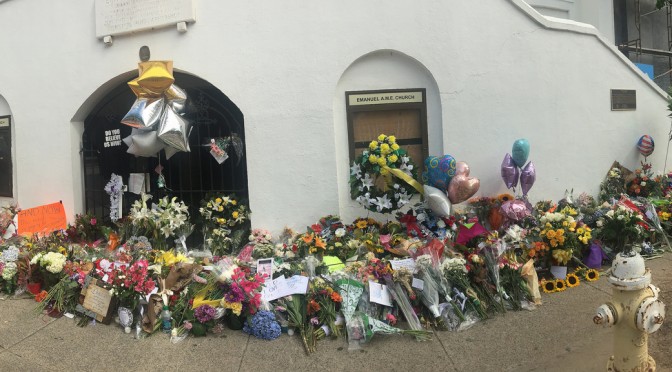Confronting COVID, Economic Freefall, and Structural Racism
RSVP HERE
WED. JUNE 24, 2020 * 12pm – 2 pm * Virtual Forum
Please note: ZOOM link will be shared with all participants on the day before and day-of the event.
Black workers are facing a crisis on multiple fronts. They are more likely to be frontline workers and more likely to die from COVID-19. Unemployment rates for Black workers continue to rise even as rates for white workers fall. And they are on the front lines in the system of structural racism that leads to police brutality, poverty, and worse health care outcomes.
At the same time, the Movement for Black Lives has created the foundation of a resistance, and an opening to imagine real change.
How can we build a broad movement of unions, worker centers, community organizations and social justice activists to dismantle white supremacy? Considering the legacy of structural racism and police brutality, as well as the virus and economic crisis, our speakers will discuss ideas on how to build working class power for a better world.
Speakers include:
Michelle Crentsil
Political Director, New York State Nurses Association
Courtney Sebring
Creative Communications Director, BYP 100
April Sims
Secretary-Treasurer, Washington State Labor Council, AFL-CIO
Clarence Taylor
Professor Emeritus, Modern African American, Religion, Civil Rights, Baruch College
Maurice BP-Weeks
Co-Executive Director, Action Center on Race and the Economy (ACRE)
Moderated by:
Diana Robinson
Union Semester Coordinator, CUNY School of Labor and Urban Studies








